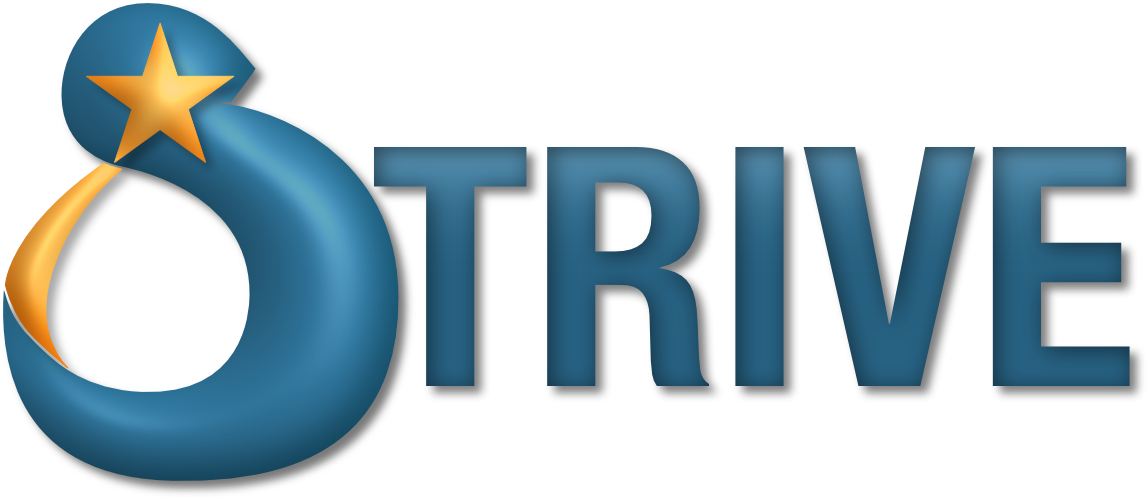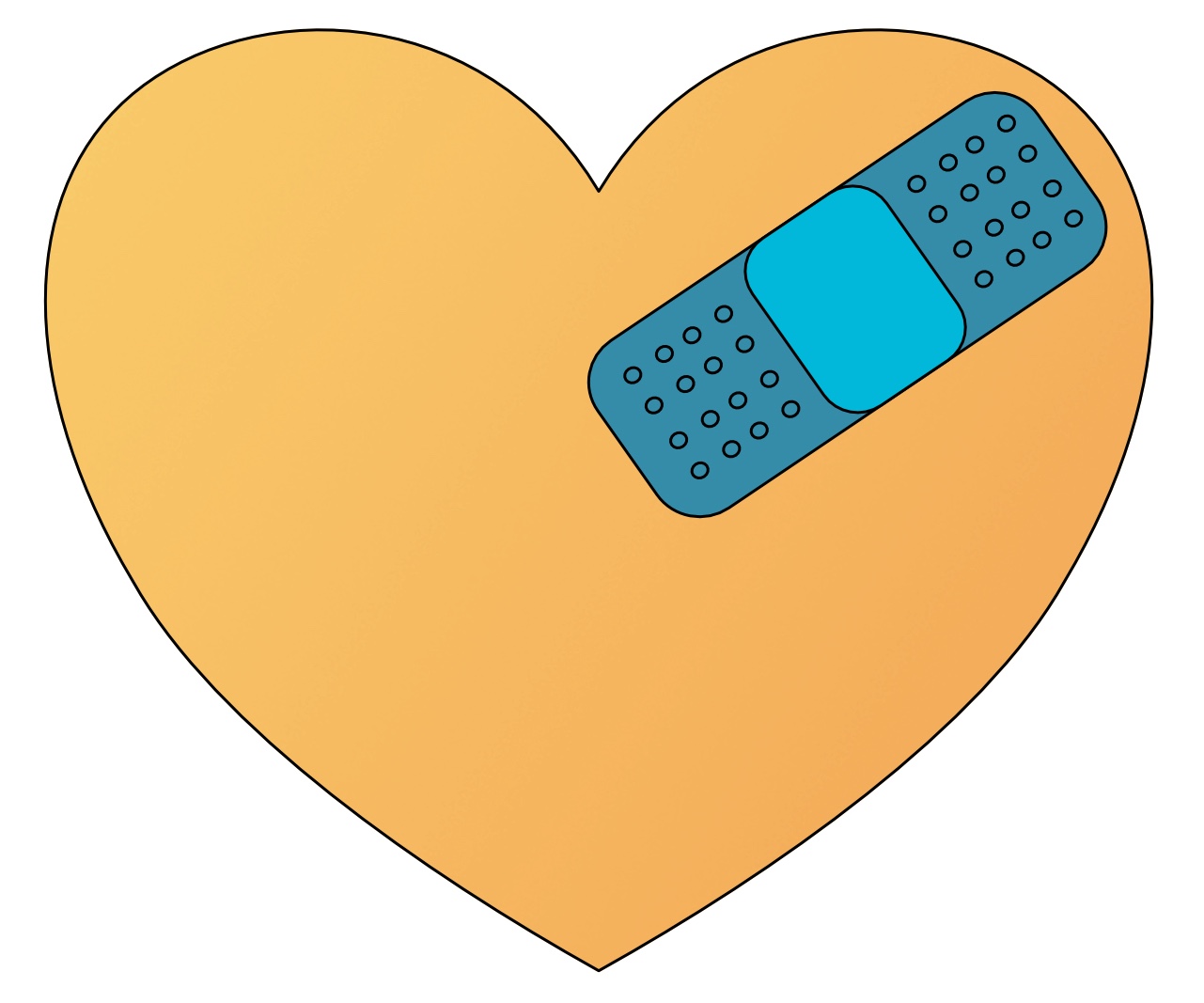
________________________________________________________________________________________
Q: What does “evidence-based” mean and why does it matter?
A: "Evidence-based" means the information is supported by data that has been tested and re-tested across various settings to make sure the results don't change. Having stable data allows us to compare one method of practice to another, then judge which approach offers the best outcome.
It matters in that the information is based on facts rather than on a theory or the experience of a few individuals in specific situations. As with medical issues, when dealing with mental illness it is important to use proven methods of treatment rather than try something that may fail, or make the issue worse. Always seek the advice of a licensed medical professional if you have concerns or questions about treatments or diagnosis.
Q: Where do you get your information?
A: We use data from research conducted by trusted organizations that have proven themselves to be reliable (e.g., universities, research facilities with strict ethical and scientific standards, federal-funded agencies working in the health sciences). Most of this information can be found online for free, or obtained through fee-based data-bases.
Q: If I disagree with content you've written or produced, can I tell you about it?
A: You may contact us using this Contact Form if there is content that you believe to be incorrect or inaccurate.
We accept that not everyone will agree with our content. As we base our content on clinical experience and research rather than on opinions or theories, we respectfully decline the opportunity to discuss this further.
Q: I’m looking for a therapist for my teen. How do I contact you?
A: See Therapy Services for information
Q: Can I ask specific questions or get advice about my son/daughter/foster-child/grandchild…psychiatric needs?
A: This site is for information/education only. Please see our Terms of Use for further details.
If you are experiencing a psychiatric emergency or crisis, please dial emergency 911 (in US), or go to your nearest hospital emergency room for assistance.
Dial 988 for the Crisis and Suicide Hotline
If you are in need of non-emergency professional mental health or medical advice, please seek assistance from mental health professionals in your area. Always seek the advice of a licensed medical professional if you have concerns or questions about treatments or diagnosis.
National Suicide Prevention Lifeline 1-800-273-8255 -- 24 hours a day, 365 days a year
Crisis Text Line Text: CONNECT to 741741
National Sexual Assault Hotline - RAINN 800-656-HOPE (4673)
National Human Trafficking Hotline 888-373-7888 (TTY:711) or text 233733. In the US Call 911 if you are in immediate danger.
The Trevor Project 24/7 helplines:
TrevorLifeline 1-866-488-7386
Or visit their online Get Help Now page with information on text and chatlines with counselors available 24/7.
We serve and support our LGBTQ+ clients with inclusive, compassionate treatment and gender-affirming care

Photo by Dustin Humes
________________________________________________________________________________________
ABOUT TRAUMA
____________________________________________________
____________________________________________________
The Strive Family Resources (“Strive”) website provides general information about mental health resources. The website is intended for use by individuals (non-professionals) for non-commercial, personal purposes.
The information and resources on this website are intended to help individuals better understand the U.S. health care system, health services research and medical effectiveness, and diagnosed conditions, but not to provide specific medical or mental health advice. Individuals are urged to consult with their own qualified health care providers for all diagnosis and treatment, and for answers to personal health care questions.
Please see our Terms of Use for details.
The information and resources on this website are intended to help individuals better understand the U.S. health care system, health services research and medical effectiveness, and diagnosed conditions, but not to provide specific medical or mental health advice. Individuals are urged to consult with their own qualified health care providers for all diagnosis and treatment, and for answers to personal health care questions.
Please see our Terms of Use for details.

